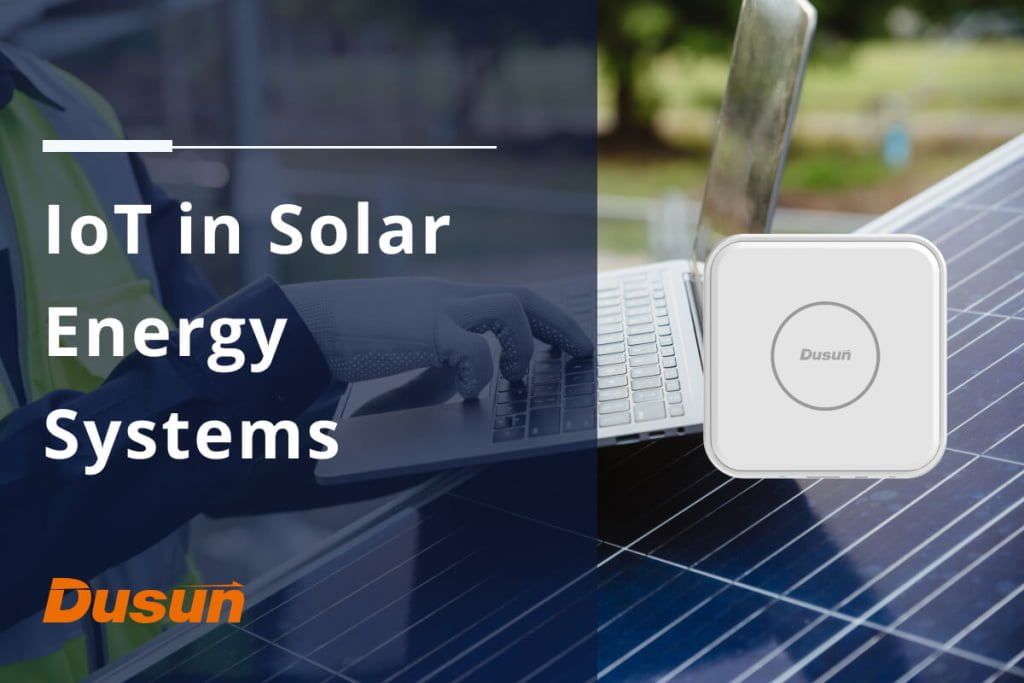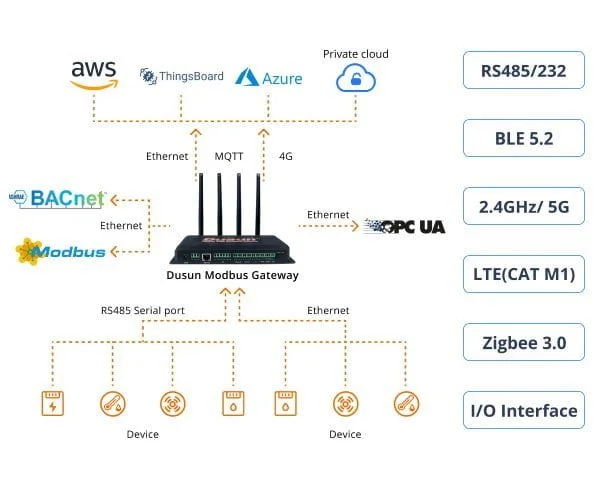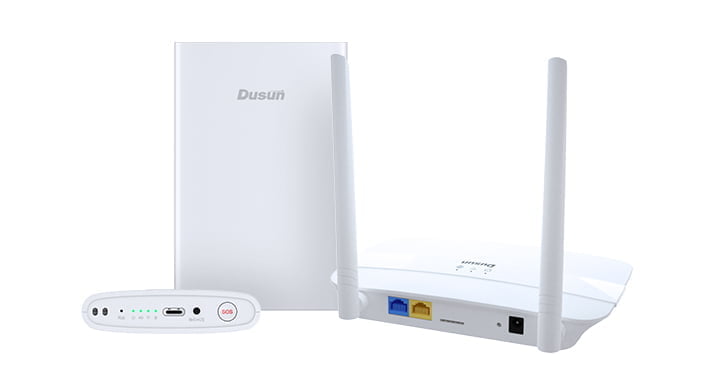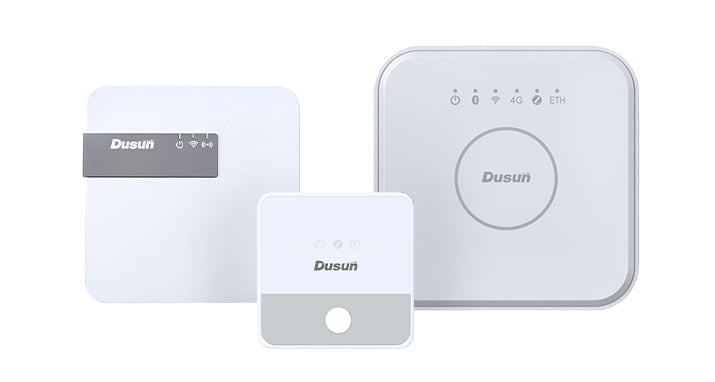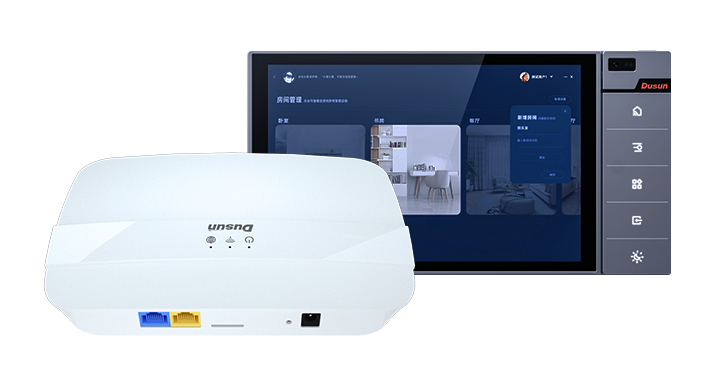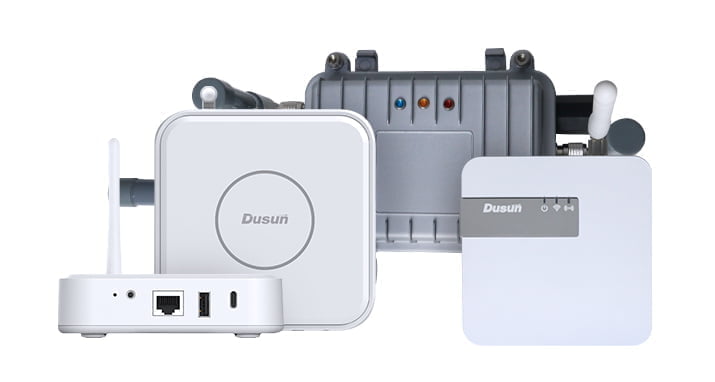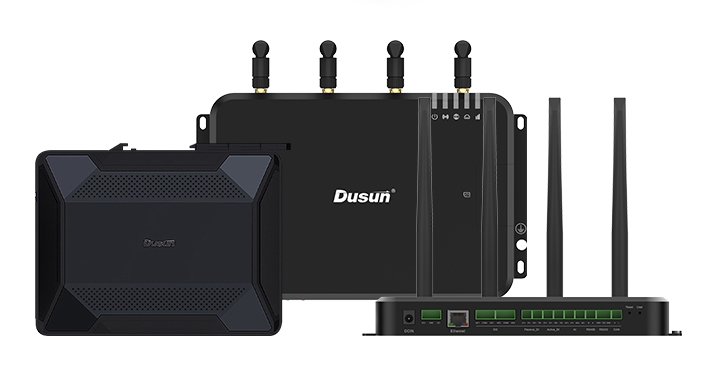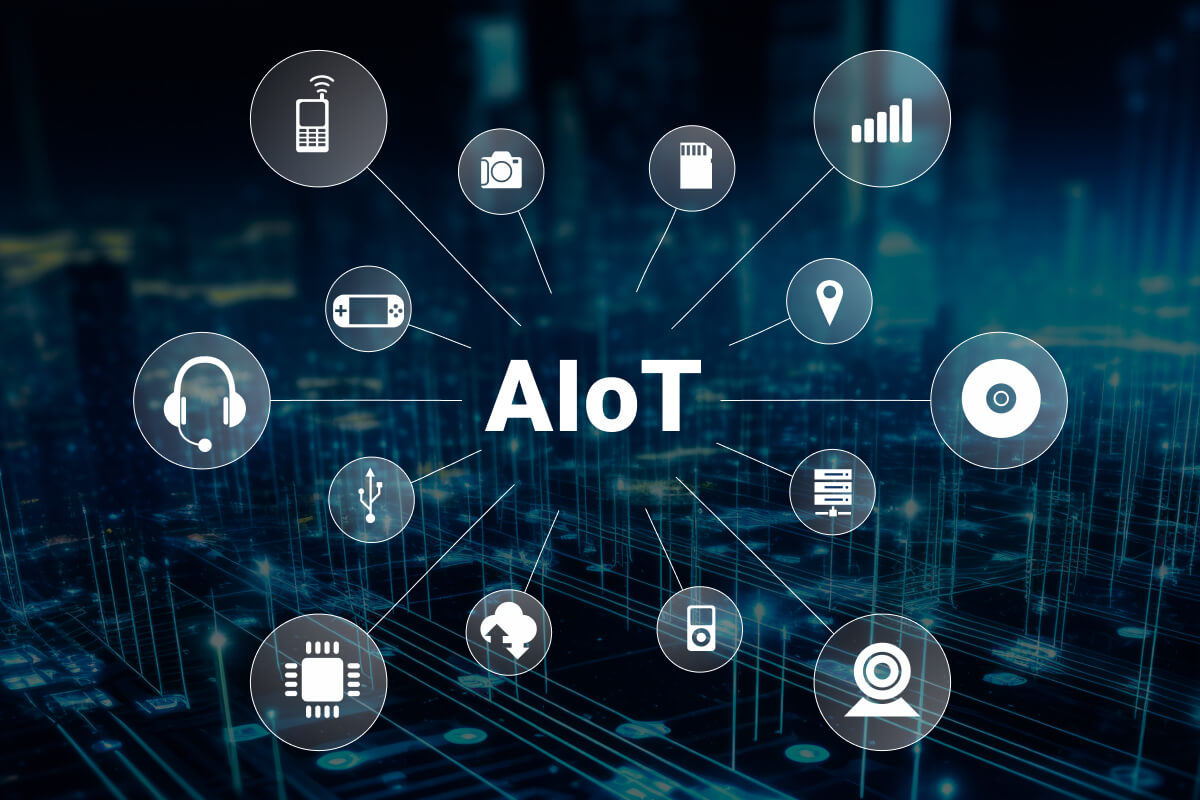With the rising global temperatures and energy shortages, countries and organizations are exploring alternate sources of energy. Among the many sources, solar energy is considered to be one of the robust solutions for the energy crisis. While the technology is mature enough, it’s still very expensive, and there’s considerable research going into improving its efficiency and producing a justifiable ROI.
Major Cost Challenges Faces by Solar Plants
High Installation Cost
Solar power facilities must gauge their overall power production and maximize their overall efficacy. This necessitates that every panel function at maximum efficiency. However, it has proved difficult to monitor what is happening at specific modules, particularly with hundreds or even thousands of on-field PV panels. Installing sensors is an appealing option, but costly wired sensors and ineffective IoT connectivity may potentially put a cap on the deployment’s ability of scalability.
High Maintenance Cost
Despite the fact that photovoltaic (PV) solar energy has already reached a mature stage of development, operating a utility-scale solar plant is a massive undertaking. Power outputs may fluctuate and become unstable if meteorological factors like solar radiation and ambient temperature vary. The grid is under more strain to provide a steady supply of power as a result.
So, How IoT helps n Solar Energy System?
The Internet of Things is one of the top solutions that can make solar energy systems more cost-efficient. Using the granular data offered by smart IoT gateways and sensors, users can gain insights into their solar energy systems to make them more efficient. In this article, we explore the role of industrial IoT gateway in solar energy and how it can benefit users.
Read further: what is an industrial gateway?
What is IoT Internet of Things?
IoT, or the Internet of Things, is a network of devices connected to each other. These devices can communicate with each other, and since they’re usually connected to the wider internet, users can access and control them remotely via mobile APPs or web consoles. IoT devices are used commonly in smart apartments, industrial automation, smart agriculture, and many new applications.
IoT devices are mostly either sensors or actuators or a combination of both. For example, a digital assistant device usually will have a couple of microphones to capture the commands of its users and speakers to reply back. Or a smart sprinkler used to water the garden will have a solenoid valve to control the water flow and moisture sensors to check the water content in the soil.
These devices send their data to an smart gateway, which in turn may send commands directly to the device or send the data to the cloud for further processing. Users can then view the data and control the devices through their smartphone or desktop apps.
Read further: what is a smart gateway?
How IoT and Solar Panel System Work Together?
For any business or system, the Internet of Things offers a ton of granular data and control that was previously impossible. There are sensors that can collect heat, temperature, sound, vibrations, motion and other data from equipment and systems. Once analyzed, this data can reveal patterns, trends and inefficiencies affecting the system.
As a reslt, solar panel monitoring become the mainstream solar energy IoT projects. IoT-based solar panel monitoring keeps track of each individual panel in a network. The current, voltage, irradiance, and temperature of many solar cell units, as well as external elements like dirt or debris on the panels and external damage, may all be measured and recorded by solar panel monitoring systems. Energy firms may examine this data from any place, use it to guide management and operational choices, and rapidly assess whether systems are functioning properly by collecting data using multiple Modbus RS485 Ethernet TCP IP Gateway Converters with RS232/485 Interfaces.
Solar energy is a very complicated system with many different components. If any of these components are not working efficiently, it can bring down the energy output of the entire system. But due to its large size, operators often struggle to gain enough visibility into them. The monitoring of solar panels enables the identification of deteriorations or places of failure right down to the individual panel.
This is what the Internet of Things can change. It can make the entire system more transparent and help operators spot issues and inefficiencies that may be holding them back from peak efficiency.
Applications of IoT in Solar Energy
The range of sensors and IoT devices available right now open up a whole world of applications in solar energy. They can transform how the energy systems are managed and offer more visibility to the operators and stakeholders. Here are a few applications of IoT in solar energy:
Asset Management
Solar energy systems are usually made of multiple solar panels all connected together to produce energy. For example, in a 1 MV solar farm, there may be around 2,500 solar panels.
It is simply not easy to manage these panels manually, particularly when even a minor issue with one of them can cut down energy production significantly. Besides the panels, there are other components that manage the systems and store and distribute the energy. To ensure uninterrupted energy production, these systems must work without a glitch; they have to be monitored constantly.
This is where IoT can help. IoT sensors can monitor the health of these panels constantly and send real-time updates to the operators. Sensors can collect temperature, heat, tilt angle and other data which the operators can then use to optimize the system.
With this, companies can significantly improve the uptime of their energy systems and ensure sustained energy production. Operators can also conduct automated tests regularly and use the data to make long-term plans.
Explore Case Study: SCADA IoT Energy Management in Manufacturing Industry
Streamlines Maintenance
Solar farms or even small solar energy systems require regular maintenance to function well. If the panels are covered with dust or if there is other debris on them, their energy efficiency can go down.
But performing this maintenance manually will be resource-intensive and can prove to be too expensive in the long run. With the IoT solutions, companies can streamline their maintenance process and reduce the associated cost.
If any panels or energy storage systems are facing issues, operators can detect them quickly and, to a large extent, diagnose the issue with the sensor data. If they detect low energy production or if the system goes down, the operators won’t have to go through individual components manually to figure out the issue. They can simply check out their dashboard and quickly identify the affected components.
Companies can also use IoT data to predict when a piece of equipment may fail or needs maintenance. Generally, organizations conduct maintenance activities at regular intervals, even if the components are working well. In some cases, they may opt to leave them alone until it breaks down. As you can imagine, both approaches have their drawbacks and can be costly. But with predictive maintenance from the IoT data, they can significantly reduce the maintenance expenditure without increasing the risk of a shutdown.
Improve the Security of the Panels and Infrastructure
Solar energy infrastructure is expensive. The median cost of solar panels in the United States is $24,742, in addition to batteries and other equipment. A large-scale solar farm takes a considerable investment to build and maintain. If these panels are stolen or vandalized, they can turn out to be very expensive for the company.
In these situations, operators can use IoT tracking and monitoring devices for their infrastructure. They can configure alerts that will go off if a panel or a component is disconnected or is not producing energy. This can help prevent theft or vandalism to a large extent. Additionally, they can use this same tech to track malfunctioning components and replace them.
Improved Energy Management
While solar energy produces enough energy output to make a sustainable ROI, there’s considerable variation throughout the year. Even minor inefficiencies can make a big difference over time. Previously, operators didn’t have enough data to optimize their infrastructure. With IoT, operators are able to get the complete picture of their infrastructure through IoT sensors.
Read further: smart meters in IoT energy management
Companies can collect granular data over their entire infrastructure and find patterns in energy production and usage throughout the year. They can better predict the energy outputs and use them to optimize their systems. If low energy production is predicted, they can adjust the pricing and even store more energy to ensure consistent supply.
Even small-scale solar energy systems, such as the ones at homes and offices, can use IoT to optimize their energy savings.
FAQs of IoT in Solar Energy
What to consider when implementing an IoT solar panel monitoring solution?
The IoT system may be extremely complex and require significant end-to-end infrastructure in order to transmit, process, and integrate the data they produce into systems, despite the fact that it has many benefits. As a result, gathering data from the edge across a diverse and distributed range of solar panels can be a significant challenge.
- To begin, solar panels must first be connected to the utility grid, and reliable IoT connectivity options must be selected.
- Secondly, you need to ensure that your wireless modules, RS485 gateways and web platforms are all integrated properly, without breaks in connectivity or vulnerabilities in data security.
- Thirdly, when the system is fully integrated, you need the software to tell you in real-time whether your solar station is delivering sufficient energy levels and maintaining load balance on the grid.
What is the benefits of using IoT in solar energy system?
Using IoT in solar energy can minimize both work and expense. Data from your distant assets can be safely extracted, orchestrated, and used to take action at the edge to the cloud.
Real-time monitoring
The key advantage of IoT in solar energy is that you can monitor all of your assets from a single central control panel, giving you complete visibility into their status. You can locate the source of the issue and send a specialist to address it before it affects your entire system by tying your devices to a cloud network.
Automated operation
The IoT can also provide you the intelligence to spot problems as they arise in real time so that the root cause may be promptly found and fixed. DSGW-210 IoT Edge gateway can provide automated data logging, tracking of components, performance evaluation, and automated alert by program your own software on it.
Efficiency Improvement
Using power metering may increase the effectiveness of your system in a variety of ways. For optimum efficiency, you might decide to put the IoT edge gateway in a grid asset in front of the solar inverter. For modeling purposes, historical data may be gathered to enhance power quality and performance even further. As a result, energy generation is more economical and logistically efficient.
How Dusun IoT Helps Your IoT Solar Panel system?
Remote areas are where solar power plants are frequently found. They could employ SCADA or another type of energy management system to create centralized coordination. In such a situation, the foundation of solar panel monitoring networks is secure and dependable communication. Industrial-grade CPUs and enclosures are crucial in the meanwhile.
Dusun IoT develops IIoT gateways and protocol conversion gateways for solar companies. By using our edge computing gateways, solar companies can view data from the edge across the full range of solar assets that they manage. Meanwhile, our gateway hardware assists in monitoring the energy flow into the grid, to aid in balancing load and flow.
Dusun IoT gateways may be installed in remote areas and facilitate communication between diverse networks thanks to their robust casing and wide temperature range. Our industrial gateways have been created with rich connection interfaces, whether it be wireless or cable, to address the issues of restricted communication infrastructure. Take your pick from WiFi 5G, LTE 44G, 1000Mbps Ethernet, Modbus, Zigbee, LoRa, etc. to facilitate and accelerate device connection and cloud integration. If you want to learn more about how you may use IoT solutions to enhance your network, do not hesitate to contact our FAE team for technical assistance.
Use IoT in Your Solar Energy Systems To Get the Most Out of It
Generally, the Internet of Things helps optimize processes, systems and businesses with the data it collects. With its sensors, IoT can offer a microscopic view of systems to all the stakeholders who can then make them more efficient. And it can do the same for solar energy systems as well. It can offer operators a complete picture of their infrastructure and help produce more energy and prevent losses.
Sources
IEEE Education Society — Solar Farm Fact Sheet
Digiteum — 10 Benefits of Smart Energy Management Using IoT (Internet of Things)






